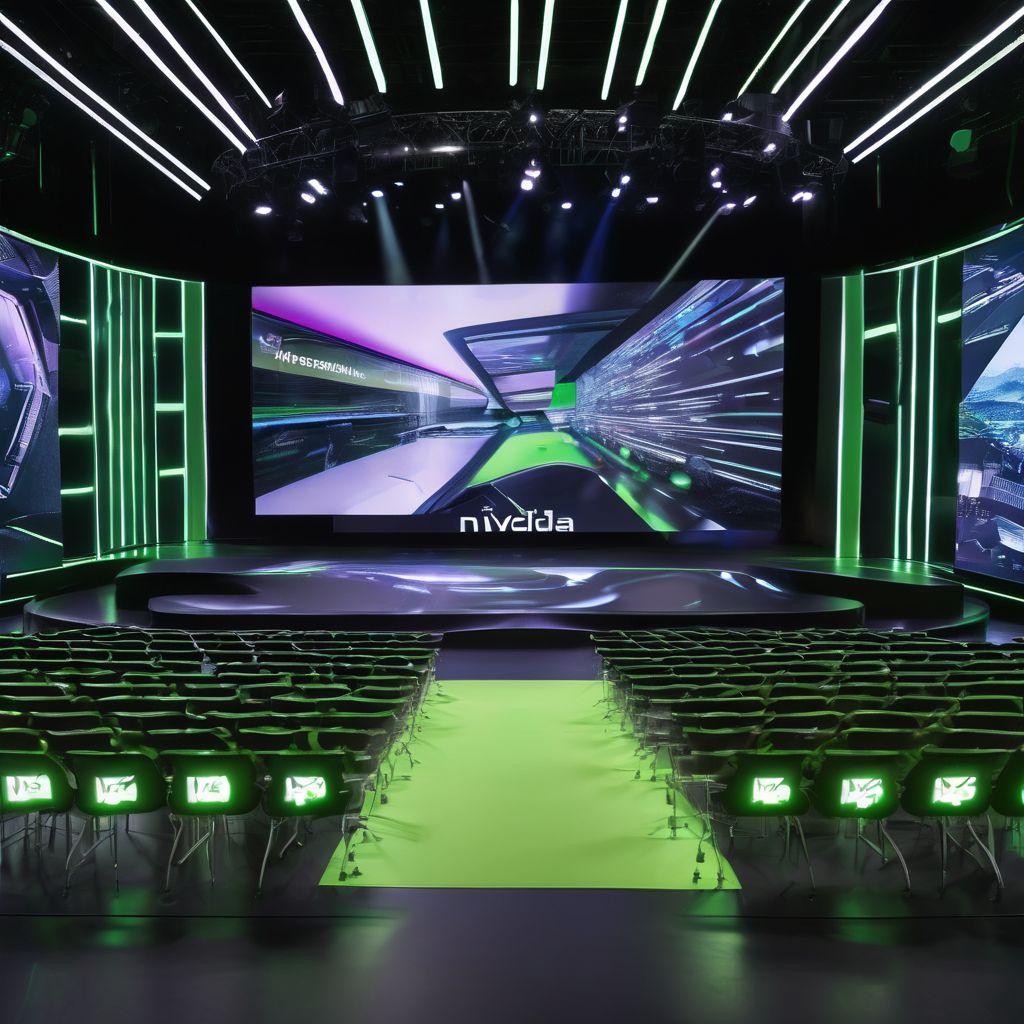
Earlier this year, the chief technology officer of a robotics startup shared their surprising discovery about using ChatGPT in robotics. In the past, AI models were specifically designed for certain domains and required significant time and resources to develop. For instance, Google's AlphaFold was developed solely for predicting protein folding and could not be applied to other areas. Initially, the robotics company believed they would need to create specialized generative AI models for robotics. However, they soon realized that using off-the-shelf ChatGPT was sufficient for controlling their robots, even without specific training for robotics. Similar observations have been made in various fields like health insurance and semiconductor design. To develop ChatGPT, OpenAI had to modify large language models (LLMs) like GPT3 to be more interactive with human input. Interestingly, these modifications allowed later versions of GPT, such as GPT3. 5 and GPT4, to be employed as powerful general-purpose tools, regardless of the original training data or intended applications. This required a shift in how AI models were utilized, moving towards programming instead of traditional chat-based interaction and incorporating new data instead of retraining. Consequently, AI has transitioned from being specialized to becoming a versatile "anything tool. " The probabilistic nature of LLMs like GPT4 plays a crucial role. By predicting the likelihood of words and phrases based on input, these models generate outputs that are most probable given the context. Therefore, generative AI operates in a realm of probability rather than absolutes, where outputs range from more to less likely rather than being right or wrong.
While this probabilistic aspect presents challenges, such as unpredictability and imprecision, it also offers unprecedented flexibility and power, surpassing the capabilities of rule-based systems. The key lies in harnessing and directing this randomness effectively. An analogy can be drawn to the development of quantum mechanics. Initially, physicists believed the universe operated deterministically until the discovery of quantum randomness. Embracing this quantum weirdness led to practical applications, such as semiconductors driving the devices we use today. Similarly, with AI, we employ a technique called "gradient descent" to train the neural networks within LLMs. This process compares the model's outputs with the provided training data and calculates adjustments to make those outputs more aligned with the training data. In the case of our auto-complete analogy, the goal is to generate text that is more likely to follow the input. Probabilistic mathematics provides a reliable framework for computers to handle words, as determining the likelihood of word associations simplifies to counting—an area where computers excel. By iterating this process, making gradual improvements, we can transform a neural network that initially generates gibberish into one that produces coherent sentences. This technique can also be extended to other domains, including images and DNA sequences.
None


As the holiday shopping season nears, small businesses prepare for a potentially transformative period, guided by key trends from Shopify’s 2025 Global Holiday Retail Report that could shape their year-end sales success.

Meta’s Artificial Intelligence Research Lab has made a notable advancement in fostering transparency and collaboration within AI development by launching an open-source language model.

As artificial intelligence (AI) increasingly integrates into search engine optimization (SEO), it brings significant ethical considerations that must not be overlooked.

During Nvidia’s GPU Technology Conference (GTC) keynote on October 28, 2025, a disturbing deepfake incident occurred, raising significant concerns about AI misuse and deepfake risks.

British advertising firm WPP announced on Thursday the launch of a new version of its AI-powered marketing platform, WPP Open Pro.

LeapEngine, a progressive digital marketing agency, has significantly upgraded its full-service offerings by integrating a comprehensive suite of advanced artificial intelligence (AI) tools into its platform.

OpenAI’s latest AI video model, Sora 2, has recently faced substantial legal and ethical challenges following its launch.
Launch your AI-powered team to automate Marketing, Sales & Growth

and get clients on autopilot — from social media and search engines. No ads needed
Begin getting your first leads today